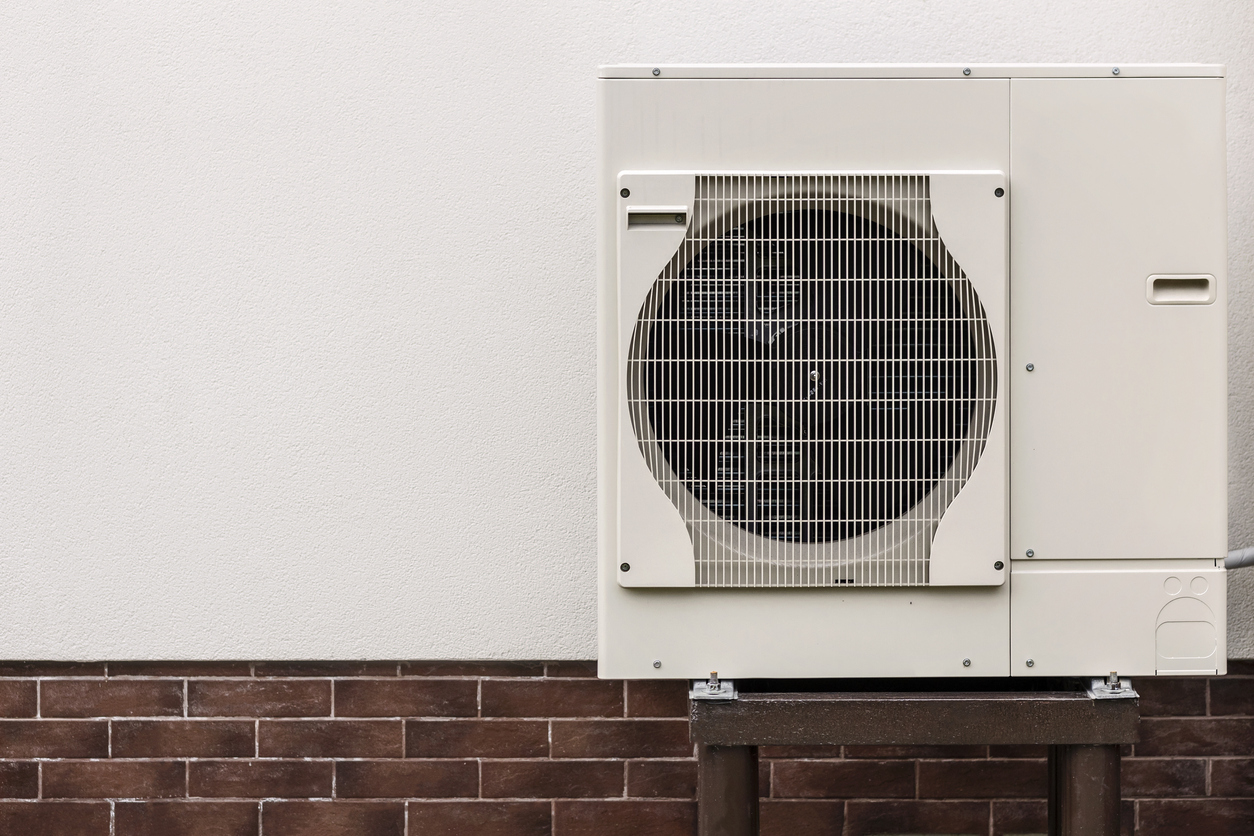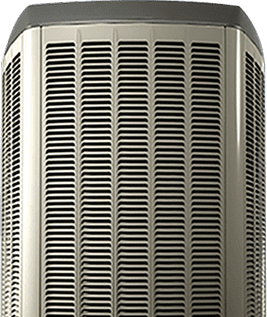What is a heat pump, and how does it work?

What is a heat pump, and how does it work?
With so many HVAC units available, it can be challenging to choose the right one for your home, especially if you aren’t sure what options you have. Therefore, the team at Limcan Certified Heating and Air Conditioning has put together this post so you can get a better idea about what a heat pump is and how it works!
So, let’s get right into it!
What is a heat pump?
A heat pump is a sophisticated heating and cooling system that can keep your interior all year. It works by using refrigeration technology to transfer heat from one location to another. Consider it a versatile piece of equipment that can absorb heat and bring coolness from your home.
When you require heating, the heat pump’s outdoor unit comes into play. It has a unique coil that can absorb heat from the air. This coil contains a fluid called refrigerant, which is a substance able to absorb thermal energy. As the refrigerant circulates through the coil, it absorbs heat from the surrounding environment.
Once the heat is collected, the refrigerant transports it to the heat pump’s indoor unit. The refrigerant is forced through a compressor device, which raises the pressure and temperature even more. The now-hot refrigerant dissipates the heat it has absorbed into your home via another coil known as the indoor coil.
The process is reversed in the cooling mode. The heat pump transfers heat from your living area to the outside environment, providing you with refreshing coolness. The cycle keeps going, moving heat from one place to another as needed to keep the temperature at the desired level. And most importantly, heat pumps are efficient and sustainable because of their remarkable ability to move heat instead of generating it like standard HVAC systems.
What are the pros and cons of a heat pump system?
If you’re thinking about putting in a heat pump in your home, it’s essential that you are aware of the pros and cons related to this type of HVAC system. Let’s take a closer look at these in more detail below:
Pros:
· Energy Efficiency: Heat pumps have a high energy efficiency rating.
· Heating and cooling in one system: They combine heating and cooling features into a single unit.
· Year-Round Comfort: Heat pumps provide consistent comfort all year.
· Environmentally friendly: They help to combat climate change by reducing greenhouse gas emissions.
· Durability: Heat pumps are built to be long-lasting and dependable.
Cons:
· Upfront Cost: Heat pump systems can be more expensive to install at first.
· Climate Dependence: In frigid climates, effectiveness may vary, but specialized models can overcome this.
· More intricate installation: Heat pumps require certain specifications in order to be correctly installed. Therefore, technicians may need to modify parts of your home to make sure that it is perfectly fitted.
· Maintenance Requirements: For optimal performance and longevity, routine maintenance is required at least once or twice a year compared to conventional units, which only need care once a year.
Overall, heat pumps provide numerous advantages, including energy efficiency, all-year comfort, and ecological sustainability. While there are some things to consider, consulting with HVAC professionals and selecting the suitable machine for your climate can help you overcome the possible drawbacks associated with this type of unit.
Can you use a heat pump in cold climates?
Heat pumps can be used in cold climates, but their effectiveness and efficiency will vary depending on the model and design. Traditional air-source heat pumps may struggle in temperatures that are frigid. As the outside temperature decreases to below freezing temperatures, so does the amount of heat accessible for the heat pump to remove. This can result in decreased heating capacity and efficiency. In addition, it may require homeowners to purchase a backup heating unit as well, which may cost more.
With that being said, heat pumps are designed to function in temperatures as low as -15 degrees Celsius. Therefore, if you reside in a milder climate where temperatures rarely drop that low, you should be able to efficiently heat your home without any difficulties. Regardless, if you live in a cold environment and are considering a heat pump, it’s best to consult with an HVAC professional who can help you choose a model designed specifically for frigid regions and assess your home’s heating needs in relation to the expected winter temperatures.
Does a heat pump replace both the furnace and air conditioner?
A heat pump can, in fact, replace both a furnace and an air conditioner. A heat pump is a multi-functional heating and cooling system that can enable you to control the indoor temperature of your home year-round. It works by taking heat from the outdoor air and directing it to the desired location.
During the colder months, a heat pump, like a furnace, absorbs heat from the outside environment and transfers it indoors to warm your home. It extracts heat using a refrigeration cycle even when the outside temperature is low. During the summer, the heat pump can reverse the way it works and function as an air conditioner system, removing heat from the air in your house and releasing it outside, cooling your home.
A heat pump’s ability to provide both heating and cooling eliminates the need for different heating and cooling systems, such as a standard furnace and air conditioner. It can be an affordable and energy-efficient option, particularly in regions with moderate temperatures. In freezing climates, however, a heat pump might need additional heating to provide adequate warmth during extremely low temperatures. The same can be said for homeowners living in scorching areas.
Do you want to learn more about the options available for your home? If so, reach out to the team at Limcan Certified Heating and Air Conditioning to schedule a consultation appointment in Whitby, Ontario, or any of the surrounding neighbourhoods! All initial consultation appointments with our home comfort advisors come with a free new system purchase quote!
